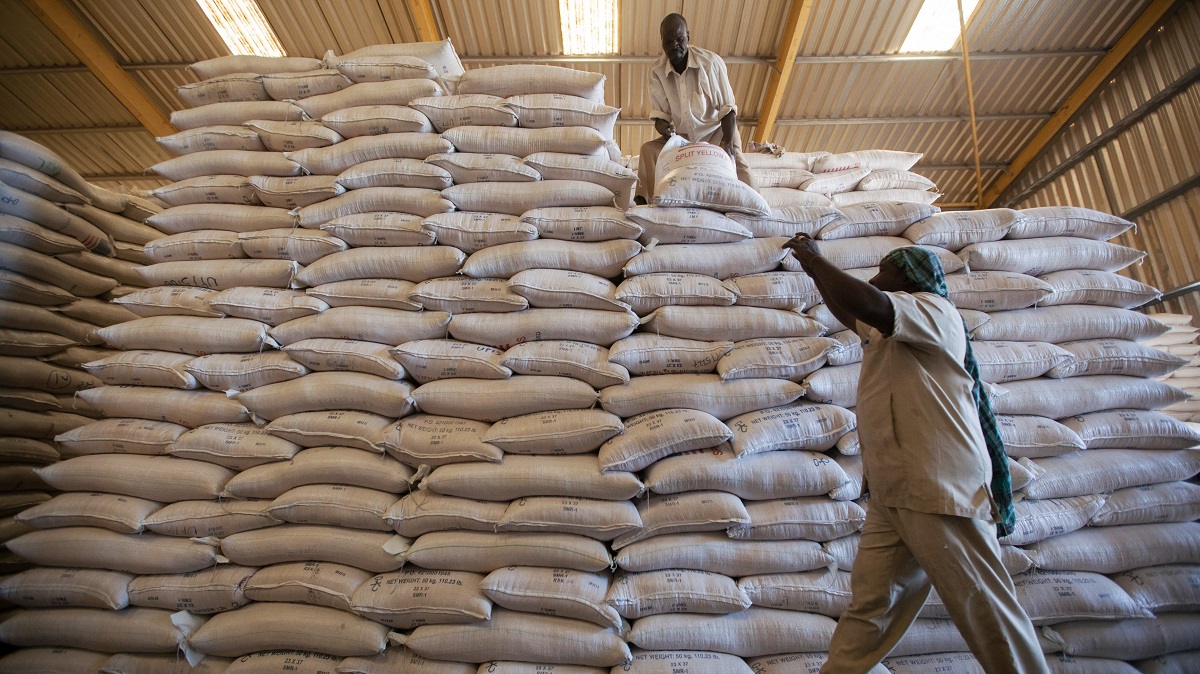There is an urgent need for global action to address the fertilizer crisis, most importantly by keeping the fertilizer market open to meet global demand and to avoid a food availability crisis, says a latest study issued by the World Trade Organization (WTO) and United Nations Food and Agriculture Organization (FAO) on 14 November.
The study titled “Global Fertilizer Markets and Policies: a Joint FAO/WTO Mapping Exercise” that looks into current volatility in the fertilizers market and its impact on agricultural production, also outlines policy recommendations for G20 governments. Factors such as the war in Ukraine, high inflation, supply chain disruptions and the global economic downturn have led to soaring prices for fertilizers and agricultural products, resulting in limited availability in many countries. The study forecasts that shortages in fertilizers will likely persist into 2023, threatening agricultural production and food security particularly in Africa, where farmers are heavily dependent on imported agricultural inputs.
The study shows 19 WTO members introduced 41 fertilizer-related measures during the past 22 months, with 75% of them in the form of trade policy measures, including export-restrictive ones in 41% of cases, the study finds. The study thus urges G20 governments to deploy all policy measures available to deal with the fertilizer crisis, underlining the need to make “every effort” to keep trade in fertilizers open so that supplies reach the countries in most need of them. The authors recommend, in particular, that G20 governments keep food, feed and fertilizer markets open and minimize disruptions to trade in fertilizers, including refraining from export restrictions inconsistent with WTO rules. Finally, the study recommends improving soil fertility and accelerating innovation for more efficient use of fertilizers, with greater use of precision farming practices, reducing fertilizer subsidies and promoting sustainable and resilient food systems.



